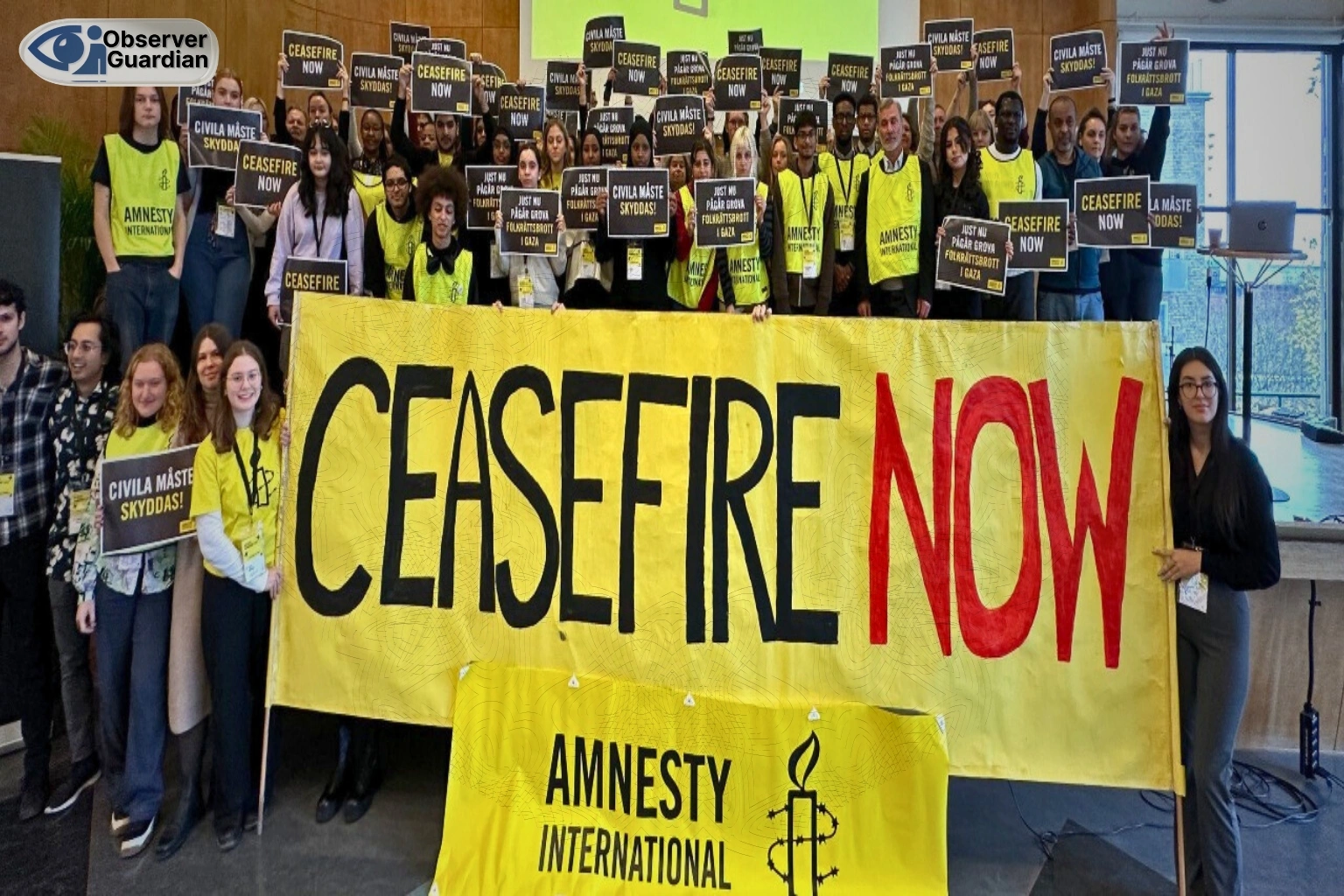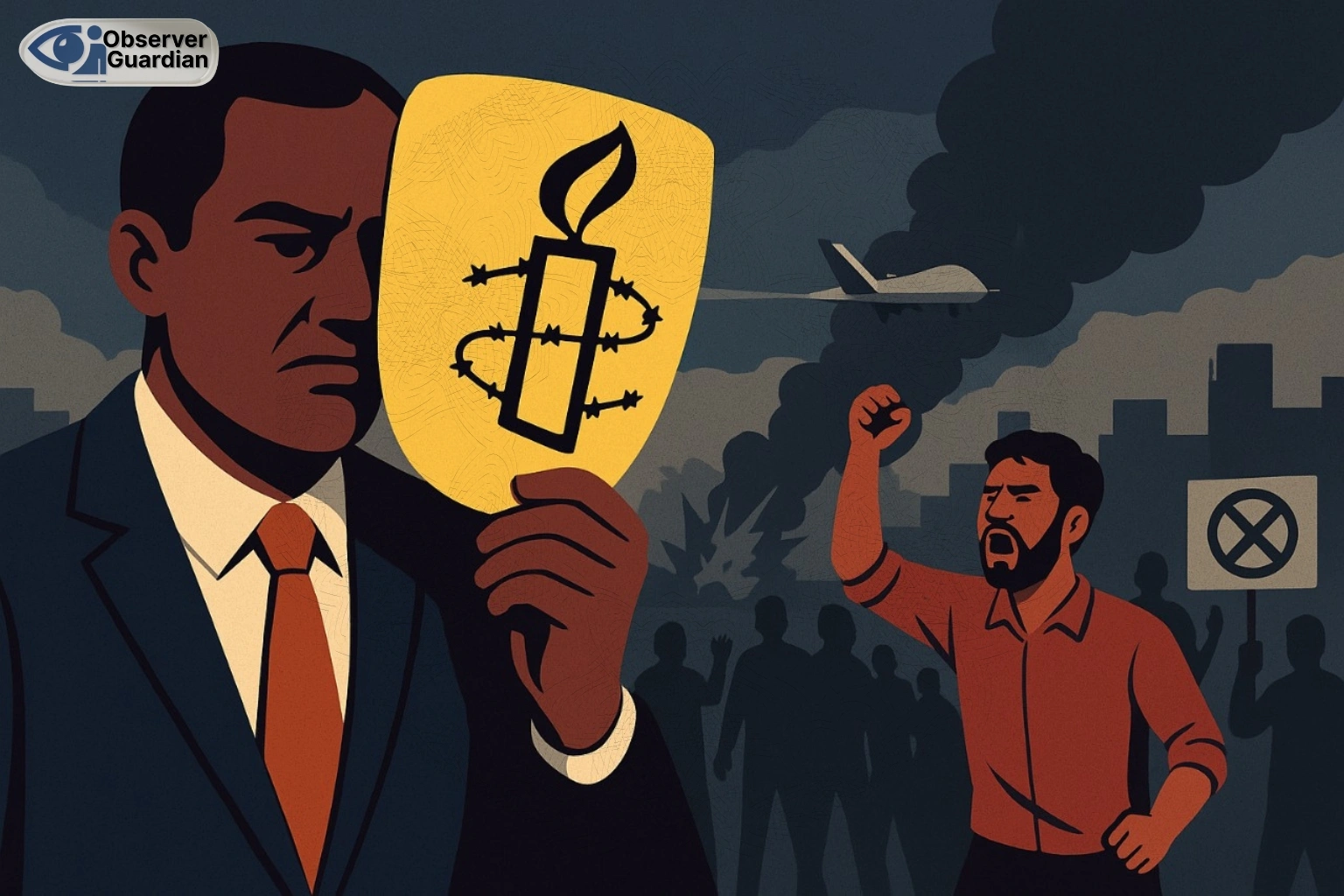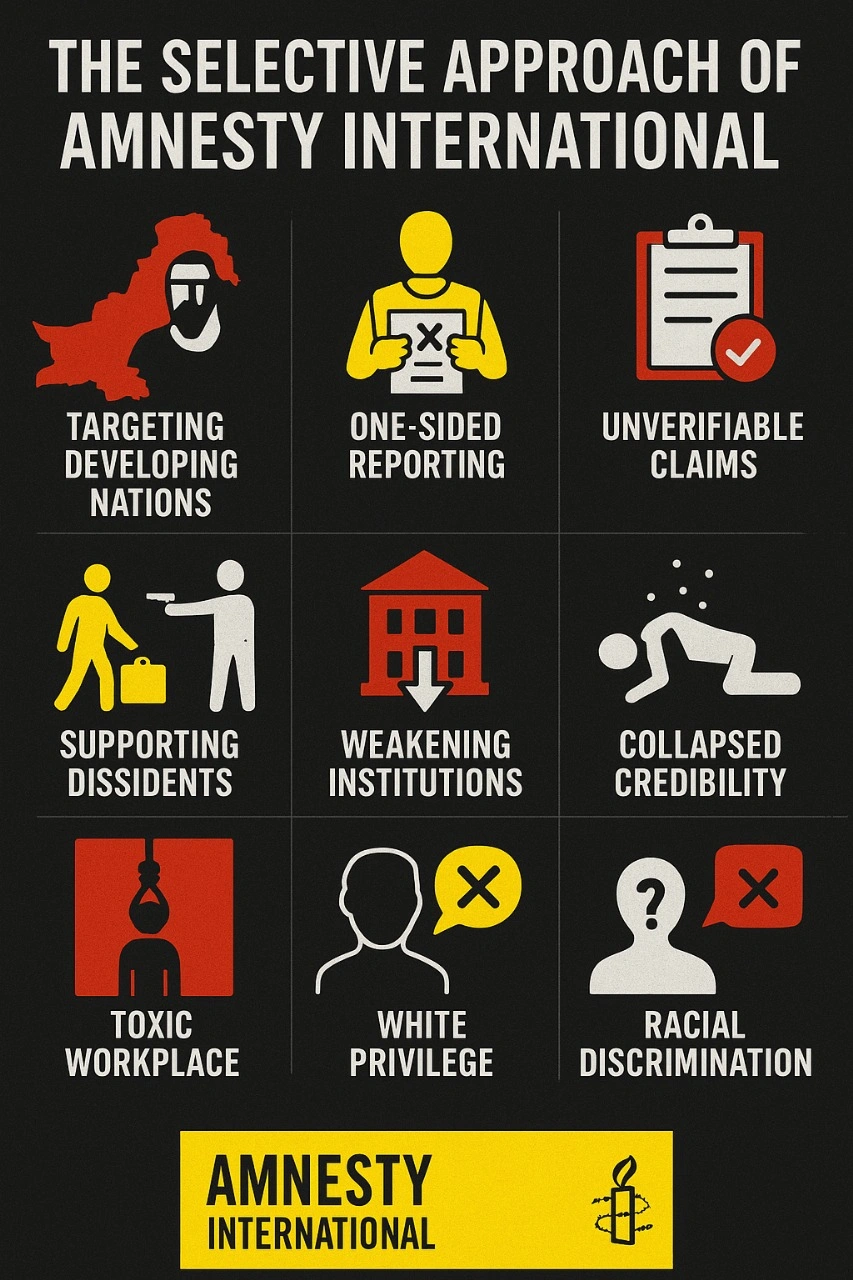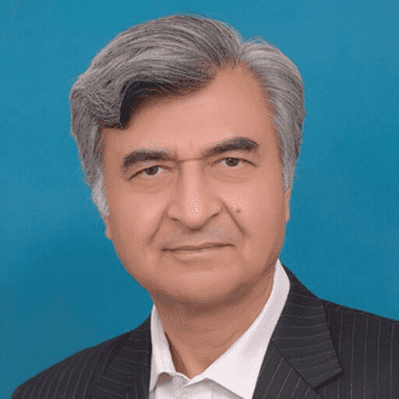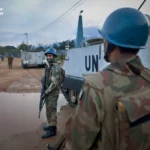For a long time, Amnesty International was treated like the ultimate authority on human rights. If Amnesty said something, most people just assumed it was true, because the organization had built a reputation for neutrality and fairness. These days, that image is looking for a lot shaker. Instead of being a watchdog that keeps an eye on all governments, Amnesty seems to pick and choose its targets. And often, it is developing countries like Pakistan that end up in the crosshairs, while Western powers walk away with little scrutiny.
From watchdog to storyteller
Amnesty was not supposed to be in the business of writing editorials. It was meant to collect evidence, verify facts, and present them without spinning. But in recent years, its reports read less like serious investigations and more like narrative-driven pieces. They are often based on shaky sources, anonymous journalists, unverifiable claims, or dramatized accounts of events. Amnesty ends up spreading unsubstantiated rumors rather than seeking the truth.
The repercussions are severe. Sometimes governments and international organizations take these reports at face value, which can lead to sanctions, harm diplomatic relations, and erode institutions in nations that are already at risk. To put it another way, the way Amnesty presents a problem can have an impact on actual issues.
Who is targeted and who is not
It’s difficult to miss when you look at the pattern. The focus is constantly on nations in the Global South, such as Nigeria, Pakistan, and others. The criticism is lessened, however, when Western governments are complicit in grave abuses, such as the bombing of Libya, the wars in Iraq and Afghanistan, or the destruction in Gaza. For example, drone strikes that kill civilians hardly ever receive the same level of consistent media attention.
However, Powerful states benefit greatly from this selectivity.
Amnesty indirectly contributes to maintaining the current international order by highlighting the worst practices of developing nations while downplaying those of the West. The concept of impartial human rights work is undermined by this type of bias.
The issue with “sources”
The way Amnesty collects its data is another problem. All too frequently, the reports depend on accounts that are impossible to verify. They use dramatic testimonies rather than waiting for state verification or cross-referencing with credible evidence. Though they may make headlines, those stories also misrepresent the truth.
Additionally, media outlets, international organizations, and donor states all take notice of those claims after they are published. By the time credibility issues are brought up, the harm has already been done, whether it takes the form of financial penalties, diplomatic repercussions, or a rise in mistrust of regional institutions.
Assisting dissidents and causing unrest
Significantly, Amnesty has a history of providing protection to activists and dissidents who flee their home nations. Naturally, there are instances when that is required, but frequently, these are more than just defenseless voices of opposition. Some are associated with extremist causes or are fugitives. Amnesty ultimately contributes to the development of networks that have the potential to destabilize these individuals’ home countries by moving and amplifying them overseas. Once more, the effect is more about undermining governments that are already having a hard time keeping things together than it is about defending rights.
When the mask came off
The 2019 revelation of Amnesty’s internal culture also dealt a severe blow to the organization’s reputation. There have been reports of racism, harassment, and bullying at work. It was characterized as toxic, not just a small amount of friction. Employees described a “martyrdom culture“ and nepotism that normalized trauma and excessive work.
That dysfunction had a devastating human cost as two staff members, Gaëtan Mootoo and Rosalind McGregor, died by suicide, and their deaths were linked directly to the hostile environment inside Amnesty. For an organization that preaches dignity and justice, this was a damning revelation.
The hypocrisy of white privilege
To make matters worse, Amnesty’s offices were not just plagued by bullying, they were also accused of being racially discriminatory. Employees of color described a culture full of microaggressions, racist language, and exclusion. Some said it was “hostile to blackness.” At an organization that constantly lectures others on equality, that kind of hypocrisy is hard to ignore.
Shielding the powerful, hurting the vulnerable
Put all this together, and the picture is troubling. Amnesty International, which once stood as a neutral watchdog, has turned into something very different, a selective player in global politics.
Its reports undermine governance in developing nations, while Western powers get away with far worse. Its reliance on unverifiable sources fuels distorted narratives that have real political consequences. And internally, its culture has betrayed the values it claims to uphold.
Pakistan and other developing countries do no need to be shielded from criticism. But they do deserve fair and balanced treatment. When an organization like Amnesty fails to provide that, it doesn’t just lose credibility, it becomes part of the problem it was created to solve.
The sad irony is that Amnesty once had the moral authority to call out abuse anywhere, by anyone. That authority is now fractured. The organization’s selective outrage and internal scandals have eroded trust. For people who still see Amnesty as an impartial guardian of human rights, it’s worth asking if this really is the same watchdog we thought it was? Or has it become something else entirely, a tool that serves agendas rather than justice?
Disclaimer: The views and opinions expressed in this article are exclusively those of the author and do not reflect the official stance, policies, or perspectives of the Platform.

